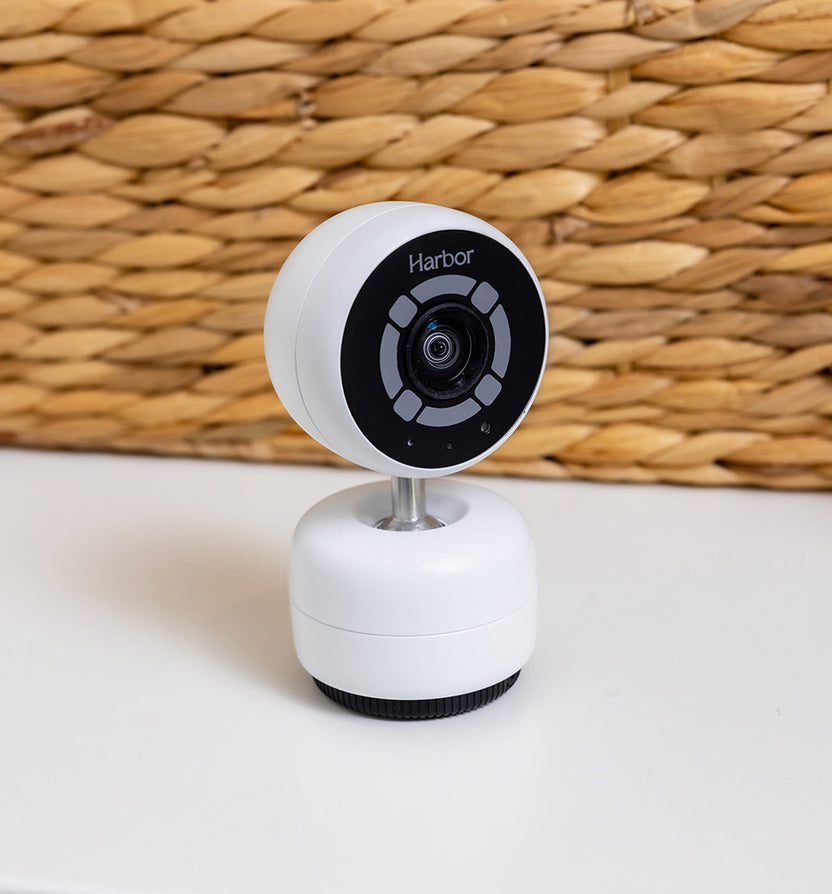
As adults, we know that water is essential for our survival. Staying hydrated allows us to function at our best, stay healthy, and can also support skin health. But what about babies? While breastmilk and formula provide infants with adequate nutrition and hydration during their first few months, water should be introduced gradually and only once you know your little one is getting adequate nutrients from their food.
When to Introduce Water
The American Academy of Pediatrics (AAP) recommends that parents introduce water into their babies’ diets around the same time that they start on solid foods, typically around six months.
Before six months, babies are able to meet all of their hydration needs from breastmilk or formula (both are more than 85% water!). In fact, because infants’ stomachs and kidneys are so small, consuming water can dilute their caloric intake and potentially dilute the sodium in their bloodstream, leading to serious health consequences.
As you start to introduce solid foods into your little one’s diet, you can offer small sips of water at mealtime if your pediatrician gives you the go-ahead. The AAP suggests that while breastmilk or formula should be a baby’s primary source of hydration, it’s okay to offer them 4–8oz of water per day once they start eating solids. At 12 months of age, babies can have normal amounts of water alongside dairy milk (or unsweetened, fortified milk alternatives as recommended by their pediatrician).
4 Way Water benefits Babies
1. Hydration
By one year of age, babies are composed of 65% water, which is 5–10% higher than adults. Water (and hydration) are important because it helps keep our body running smoothly, like oil in a car’s engine. We need water to metabolize and absorb nutrients, and to expel waste.
2. Dental Health
Introducing water can help establish good oral hygiene habits by maintaining saliva flow, which helps wash away bacteria. Choosing water over juice reduces the risk of dental problems later in life.
3. Fostering Healthy Habits
Encouraging water instead of sugary drinks can reinforce the development of healthier eating habits from an early age. The amount of added sugar in most kid drinks is very unhealthy, especially for young children. Some juices have a naturally occurring sugar, such as orange juice, which can be a nice treat when given occasionally. Despite soda companies best marketing efforts, avoid giving children soda.
4. Nutrient Absorption
Proper hydration supports nutrient absorption, whether from solid foods, breastmilk, or formula as water plays a major part of transport in the bloodstream.
Additional Considerations
While water is essential for proper hydration, it’s important to introduce your little one to it gradually and in pediatrician-recommended amounts. Giving your child too much water too early can disrupt the delicate balance of electrolytes in their blood, which can lead to a condition known as “water intoxication.” Mild cases of water intoxication can show up as lethargy and irritability, while more severe cases can manifest in the form of seizures or even comas.
To safely introduce your baby to water, offer them small amounts in a sippy cup and gradually increase the volume as they adjust to its taste and texture. Offering water alongside food can support digestion and establish healthy eating habits.
As with many developmental milestones, patience is key. Some babies will initially reject water or continue to prefer breastmilk or formula. Lead by example and model drinking water yourself, offering it to baby in an encouraging manner.
More questions? Reach out to our infant care experts!
If you have any questions about your little one’s development or want guidance on introducing water into their diet, reach out to Harbor’s infant care experts. We’re here to help you at every step of the journey!




